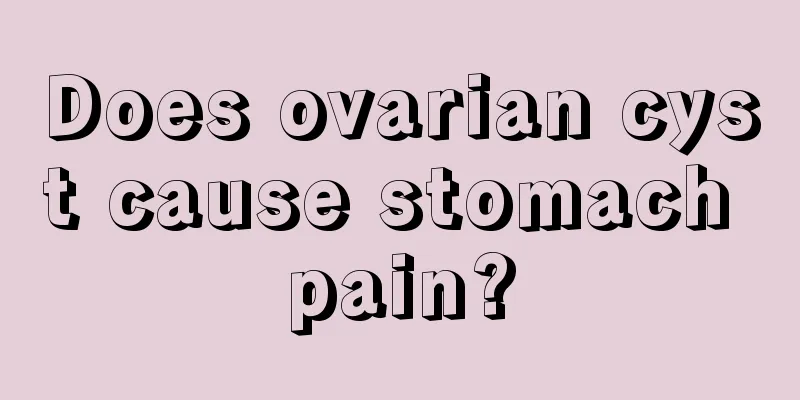What are the differences between Trichomonas vaginitis and candidal vaginitis?

|
Vaginitis is a major disease that affects women's health, and there are many types of vaginitis, mainly Trichomonas vaginitis and candidal vaginitis. These two types of vaginitis have a great impact on women's health and often cause women unbearable pain. Therefore, it is very necessary to understand these two diseases. Let’s take a look at the differences between Trichomonas vaginitis and candidal vaginitis. First of all, the pathogens of vaginitis are different. Trichomonas vaginitis is caused by Trichomonas, a parasitic disease that is contagious and can be confirmed through microscopic examination. Candidal vaginitis is caused by Candida infection, which is characterized by strong heat resistance, difficulty in sterilization, and will prolong the patient's illness period. Secondly, the symptoms of vaginitis are different. The symptoms of Trichomonas vaginitis mainly include foamy secretions and abnormal color of leucorrhea, which is generally yellow-green in color. It may also cause urethritis and other diseases. The typical symptom of candidal vaginitis is severe vaginal itching. The patient's leucorrhea is generally in the shape of tofu dregs, and the vaginal mucosa may also be red and swollen. Finally, the treatment of vaginitis is different. Patients with Trichomonas vaginitis need to take oral anti-inflammatory drugs such as metronidazole and tinidazole. In addition, it can also be controlled by local medications. When treating candidal vaginitis, most of the time local treatment is used first. The patient will generally feel relief from symptoms after 2-3 days. By then, if the condition is more complicated, physical therapy may be required. What is the difference between Trichomonas vaginitis and candidal vaginitis? Patients need to control the deterioration of vaginitis in time. If pathogenic bacteria enter the vagina and ascend, the patient may also develop pelvic inflammatory disease, adnexitis, etc., which will cause greater harm to the patient and may even affect the health of the reproductive system tissues. Long-term non-treatment will increase the possibility of infertility. |
<<: What to do if you have belly button pain and uterine cold
>>: How to use Chinese medicine to regulate irregular menstruation?
Recommend
How to know whether agate is baked or dyed (dyed color is rich and uniform, baked color is natural)
...
ECF antibacterial effervescent tablets
It can treat vaginitis, cervical erosion and othe...
What should I do if my menstruation is not clean for more than ten days?
If the menstrual period is not clean all the time...
How can women lose belly fat?
I know that every woman is always pursuing beauty...
What are the disadvantages of staying up late for women?
Maybe many women have the habit of staying up lat...
How to drink honey water to lose weight effectively? A must-see for beauty lovers
The beauty and weight loss effects of honey water...
Why do women get stomach pain when they stand up and exert force?
If a woman stands up with force, she may experien...
Why don’t follicles grow bigger?
The development of female follicles is mainly div...
Changsha Fourth Hospital reminds: Although chestnuts are good, don’t eat too much, be careful of intestinal blockage!
In the autumn and winter seasons, chestnuts have ...
Should I reply to the New Year's greetings sent to me by a group? How should I reply to the New Year's greetings sent by others?
China is a country of etiquette. When the Chinese...
The harm of thyroid nodules to pregnant women
A physical examination before pregnancy is very n...
What is HPV and can it be cured?
HPV is a highly contagious virus that is mainly t...
7 months pregnant right lower abdomen pain
Many female friends will experience many symptoms...
Polycystic ovary Chinese medicine
The condition of polycystic ovary syndrome is ver...
Does irregular menstruation affect pregnancy?
In Chinese clinical medicine, there are actually ...









